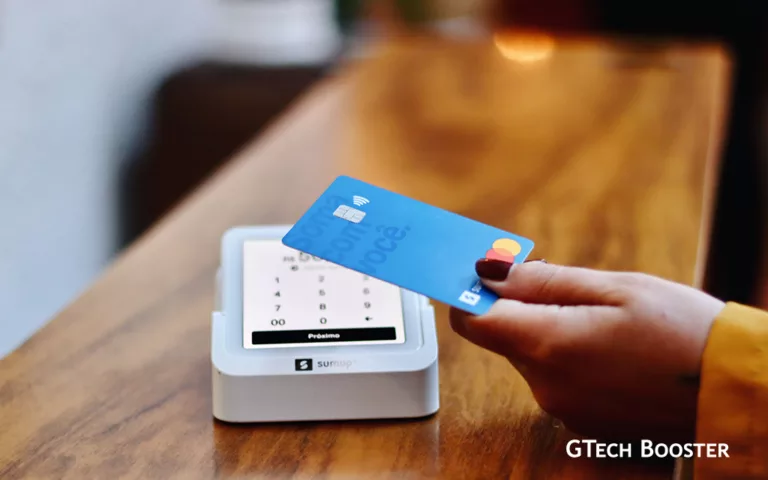The novel approach of POS to the digital society
POS (Point of Sale) systems are widely used in various businesses like retail stores, restaurants, and supermarkets to process transactions and handle customer payments.

POS stands for Point of Sale, which is a system used by businesses to process transactions at the point of purchase. It typically includes hardware such as a cash wp-wp-wp-wp-wp-wp-signup.php.php.php.php.php.php, card reader, and barcode scanner, as well as software to manage sales data and inventory.
POS systems are used in a variety of industries, including retail, hospitality, and healthcare. They are an essential tool in managing transactions, tracking inventory, and analyzing sales data. POS systems can also improve customer service by allowing for faster and more efficient transactions.

As technology has advanced, POS systems have become more sophisticated, incorporating features such as mobile payment options, online ordering, and integration with other business tools like accounting software and customer relationship management platforms. While POS systems can be expensive to implement and maintain, they offer many benefits for businesses, including increased efficiency, greater accuracy in managing sales data, and the ability to make more informed business decisions based on real-time data. Overall, a well-designed and implemented POS system can be a valuable asset to any business.
At the core of the POS approach is the transaction processing module, which is responsible for recording customer orders, scanning items, and calculating the total purchase amount. The module is linked to a payment gateway that securely processes credit card payments or other modes of payment like cash, checks, or bank transfers.
The approach of POS also involves the use of inventory management software, which tracks the stock of products sold by the business. This software ensures that the stock levels are always up-to-date, preventing stock-outs or overstocking, which can lead to lost sales or increased costs.
Another aspect of the POS approach is the customer management module. This module captures customer data and provides tools for marketing campaigns, loyalty programs, and customer engagement. By using the customer management module, businesses can analyze purchase patterns, preferences, and behaviors to enhance customer experience and loyalty.
The Advantage
Here are some advantages of using a POS system:
- Better customer service: Using a POS system can expedite the checkout process, which can lead to shorter lines and faster customer service. This can improve customer satisfaction and loyalty.
- Increased sales: A POS system can improve the speed and accuracy of transactions, which can increase sales. Additionally, some POS systems come equipped with features like upselling prompts and loyalty programs that can help drive more sales.
- Inventory management: A POS system can help businesses keep track of inventory levels and automatically reorder products as needed. This can reduce overstocking and stock shortages, which can lead to increased profitability.
- Accurate reporting: A POS system can provide detailed reports and analytics on sales, inventory, and other key metrics. This can help businesses make data-driven decisions to improve their operations and profitability.
- Improved security: A POS system can provide enhanced security features, such as encryption and tokenization, to protect customer payment information from potential data breaches.
Security of the POS
With the advancement in technology, these systems have become more sophisticated and complex, allowing businesses to streamline their payment processes and track sales more efficiently. However, the increased use of POS systems has also led to an increase in security risks.
One of the main security concerns with POS systems is the risk of data breaches. This occurs when cybercriminals gain unauthorized access to the system and steal sensitive data like customer payment information, credit card numbers, and personal details. These types of attacks can have severe consequences, including financial damages and legal liabilities for the business.
To mitigate these risks, businesses need to take a proactive approach to securing their POS systems. This involves implementing various security measures like using strong passwords, encrypting data, regularly updating software, and installing antivirus programs. Additionally, it’s critical to restrict access to the POS system only to authorized individuals, such as the business owner and trusted employees.
Another essential strategy to prevent data breaches is to educate employees on the importance of security protocols and how to identify potential risks. Employees should be trained to recognize signs of suspicious activity, such as strange network traffic or unauthorized access to the system.
Securing POS systems is vital in this digital age. By following the various security measures outlined above, businesses can protect their customers’ sensitive information and minimize the risk of data breaches.














